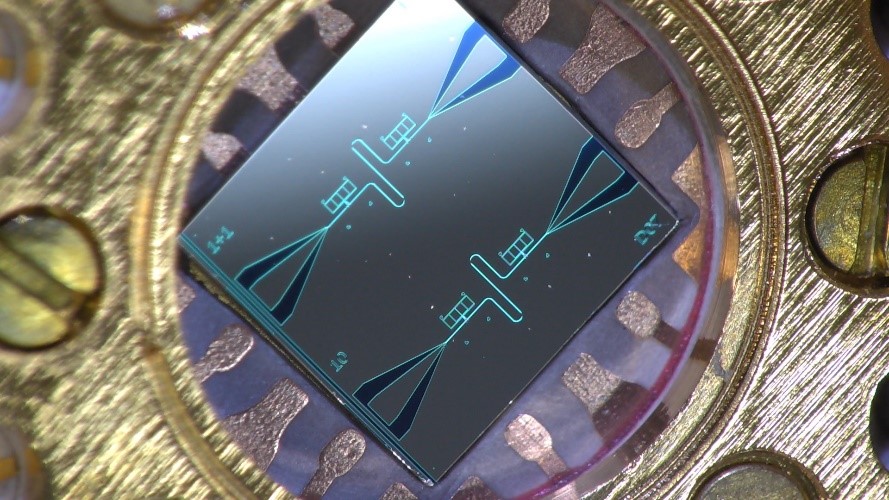THE QUANTUM FUTURE
By Suvir Rathore
From computers to communication, quantum mechanics plays an important role in modern technology, however, the future seems far more promising with new ideas which could prove to be revolutionary.
Quantum mechanics is the theory that describes the fundamental laws of physics on a miniscule scale, correctly predicting almost everything that has an effect on the microscopic and macroscopic world. Quantum field theory describes systems using maths accurately predicting everything to immense precision. There are still many uncertainties such as how quantum entanglement works and how gravity is linked with the other 3 fundamental forces, however we have been able to exploit several aspects of quantum mechanics for practical use.
The reason why quantum mechanics are being used for upcoming technology is that to make technology more efficient, we need to increase its speed, reduce its carrying size and make sure the minimal amount of energy is used to complete a process. Since quantum physics explains the details of the microscopic world, exploiting its uses can have major consequences on the microscopic world, perfect for use in technology.
Currently the fastest computing machines are supercomputers able to process information in the form of bytes where one can have a capacity of up to 40 petabytes! However a quantum computer will only need just 50 (quantum) bits to make it millions of times faster than supercomputers. This is because qubits can exist in state of 0 and 1, so adding a qubit increases the possibilities exponentially, resulting in quantum computers to be much faster at calculations and able to complete tasks that would have been impossible to do with a supercomputer. In addition to this, due to the entangled state of the quantum bits, only one has to be measured as the other one will naturally have the opposite feature, meaning the same processing power can be achieved with only half the energy (or measurements).
A centimetre-sized silicon chip that has two parallel superconducting oscillators and quantum-circuit refrigerators connected to them.
Quantum entanglement (where the two unobserved particles do not have independent quantum states) can also make security so strong that it cannot be hacked at all. This form of quantum cryptography sends information by sending a key, embedded in particles of light, and then an embedded message which can only be decrypted with the original key. This means to hack it you will have to have a key which can only be captured by intercepting the light particles, and if done then it can easily be tracked as to where the hackers attempted to gain access to the message, thus exposing the hackers and keeping the message purely private.
China have in fact already implemented this idea with the first successful quantum message being sent over 1200km, which shows great hope for potential global communication. Quantum cryptography can also be used for banking and state security since online services are now an integrated part of our society.
Another use of quantum physics is nuclear fusion. Currently nuclear fusion is not viable, as it would require more energy to fuse hydrogen nuclei then we would get out of it. However, the sun is approximately 10 times cooler than what it should be for fusion is to take place. The reason the sun allows fusion to happen is through a process called quantum tunnelling where particles can gain an immense velocity due to Heisenberg’s uncertainty principle (which dictates the randomness of the wave function of the particle determining its momentum and position). If we are able to master a way to exploit quantum tunnelling we could viably construct fusion plants and harness the energy released (which is far greater than nuclear fission). The energy from such fusion reactions could easily power most of the world’s electronics sustainably resulting in far more efficiently powered technology as well as helping tackle the problem of global warming. If Scientists are able to tackle this conundrum, the quantum future is most certainly bright.
